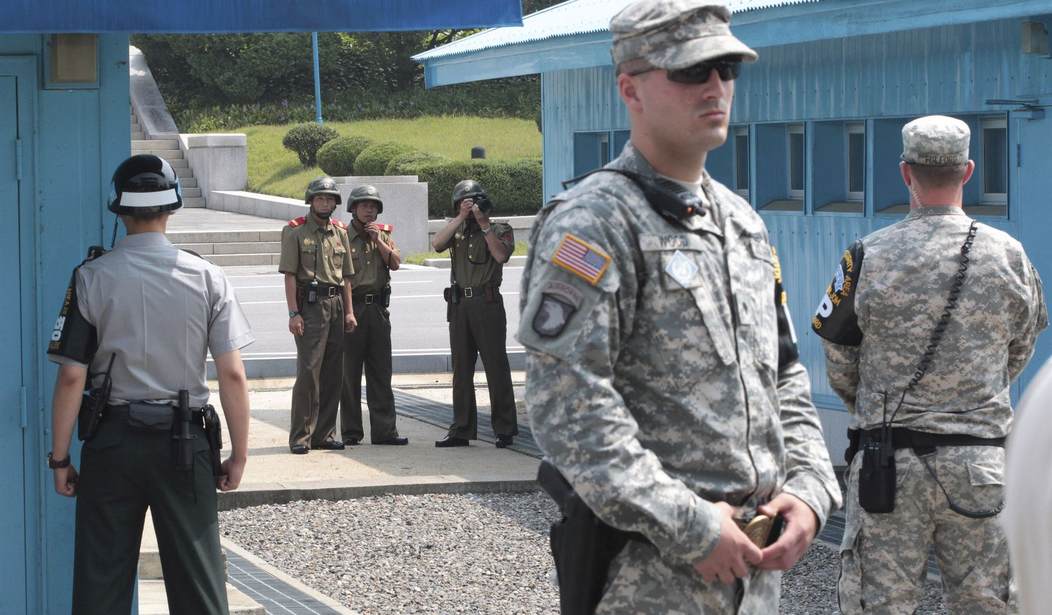U.S. Army soldier Gordon Black’s unauthorized trip to Vladivostok, Russia, via China has prompted significant concern.
The Pentagon disclosed that Black, a 34-year-old staff sergeant, flouted military regulations by going on this journey while on personal leave.
The excursion, motivated by Black’s pursuit of his Russian girlfriend, culminated in his arrest in Russia on suspicion of theft.
Black’s case underscores the complex diplomatic challenges facing the United States. His actions add to a series of high-profile detentions of U.S. citizens in Russia, including basketball player Brittney Griner and Wall Street Journal reporter Evan Gershkovich.

The U.S. Army, already grappling with such issues, now faces another hurdle with Black’s arrest.
Departing from Camp Humphreys in South Korea, Black diverted from his intended return to Fort Cavazos in Texas.
Instead, he flew to Vladivostok, Russia, after transiting through China, a move that the Army confirmed was for personal reasons.
Despite concerns raised by his mother about the risks involved, Black proceeded with his plan, resulting in his apprehension by Russian authorities.
Black’s detention in Russia is of particular concern given the backdrop of strained relations between the two countries.
The incident has no apparent political dimension, according to the Russian Foreign Ministry, yet it adds to the complexity of U.S.-Russia diplomatic interactions.

In South Korea, where Black met his girlfriend, their relationship soured, leading to an altercation and subsequent police involvement upon his arrival in Vladivostok.
The 32-year-old woman accused Black of stealing money, prompting his arrest at a hotel as he prepared to return home.
Amid ongoing diplomatic tensions, Black’s case serves as a reminder of the risks associated with unauthorized travel and the potential consequences for individuals and international relations.





